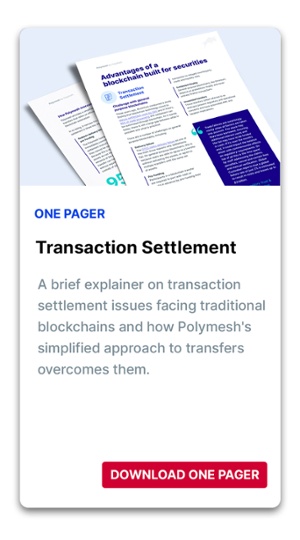Polymath: Why is it important for market participants to have a birds-eye view of all their digital assets in one interface?
Geeth Jayaweera (Geeth): Cryptocurrencies and other digital assets are a complex asset class due to the large number of them available, each with its own architecture and underlying infrastructure. These digital assets are built in different ways and exist in different places, which means they cannot be easily consolidated. The uniqueness of each blockchain further adds to the complexity.
Organizations have a vital requirement to consolidate their financial data into a single source of truth. Often this is done using many different third-parties, which can be cumbersome and expensive and makes it very difficult for SMBs and SMEs to enter and grow this market.
We believe reducing complexity for businesses is an essential step in bringing crypto to the masses, and synchronizing digital asset management and accounting into a single view is a big piece of that.
Organizations have a vital requirement to consolidate their financial data into a single source of truth. Often this is done using many different third-parties, which can be cumbersome and expensive.
 Polymath: What challenges do organizations have when it comes to tax accounting for security tokens?
Polymath: What challenges do organizations have when it comes to tax accounting for security tokens?
Geeth: Tax accounting for security tokens is far more complicated than other tokens because of the legal implications surrounding securities laws. Tax treatment of security tokens is often impacted by three factors:
- Whether the security token is promising a right to shared ownership
- Whether it’s a structured investment vehicle (debt vehicle)
- Whether it’s tied to equity
Polymath: Despite technological advances, a lot of accounting and reconciliation work still happens in Excel. Why is this especially problematic for digital assets?
Geeth: Tracking digital assets is not a straightforward task as the sources of data exist both publicly and privately. Some information only exists in the exchange’s database, for example. Therefore, it’s essential to use a CSV file or an automated approach—such as an API—to fetch the necessary data.
This process requires a significant level of programming, as each exchange and blockchain operates differently and so many organizations end up having to do this manually. Businesses need a solution that can scale and tackle these problems effectively and accurately.
Polymath: How do standards (like ERC 1400) help make security tokens more functional and what still needs to happen on this front?
Geeth: The standardization of the token security protocol created by Polymath provides a regulatory-driven, technically-enforced and clear set of rules and guidelines for new security token issuers to follow. With this security token standard in place, the process of creating and launching a security token is made much easier, which encourages more projects to take the security token path and ushers in greater enterprise adoption.

